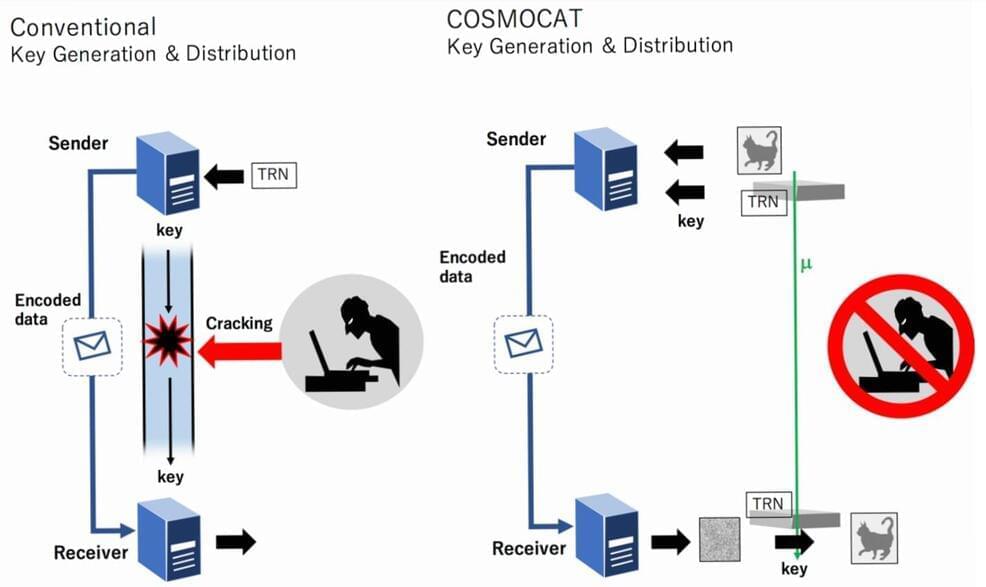This process can occur endlessly and allows the jellyfish to escape death.
Achieving immortality has driven human beings throughout much of their history. Many peculiar legends and fables have been told about the search for the elixirs of life. Medieval alchemists worked tirelessly to find the formula for the philosopher’s stone, which granted rejuvenating powers. Another well-known story is the travels of Juan Ponce de León, who searched for the mysterious fountain of youth while conquering the New World.
But to this day, no one has discovered the keys to eternal life. However, there is one exception — a creature no more than four millimeters in size, Turritopsis dohrnii.
Biological immortality, within reach of a jellyfish
Unlike most living organisms, Turritopsis dohrnii can rejuvenate and have biological immortality. This challenges our perception of aging, but how does it do so?
Let’s start by understanding the generic life cycle of a “mortal jellyfish”. It reproduces sexually: the male’s sperm fertilizes the female’s eggs, and the zygote is formed. The zygote grows as a larva and drifts until it attaches itself to the seabed. Once settled, it grows into a polyp, and when ready, it reproduces asexually. To do this, it releases tiny jellyfish from its own body, which then grow to the adult stage and reproduces, before dying.






